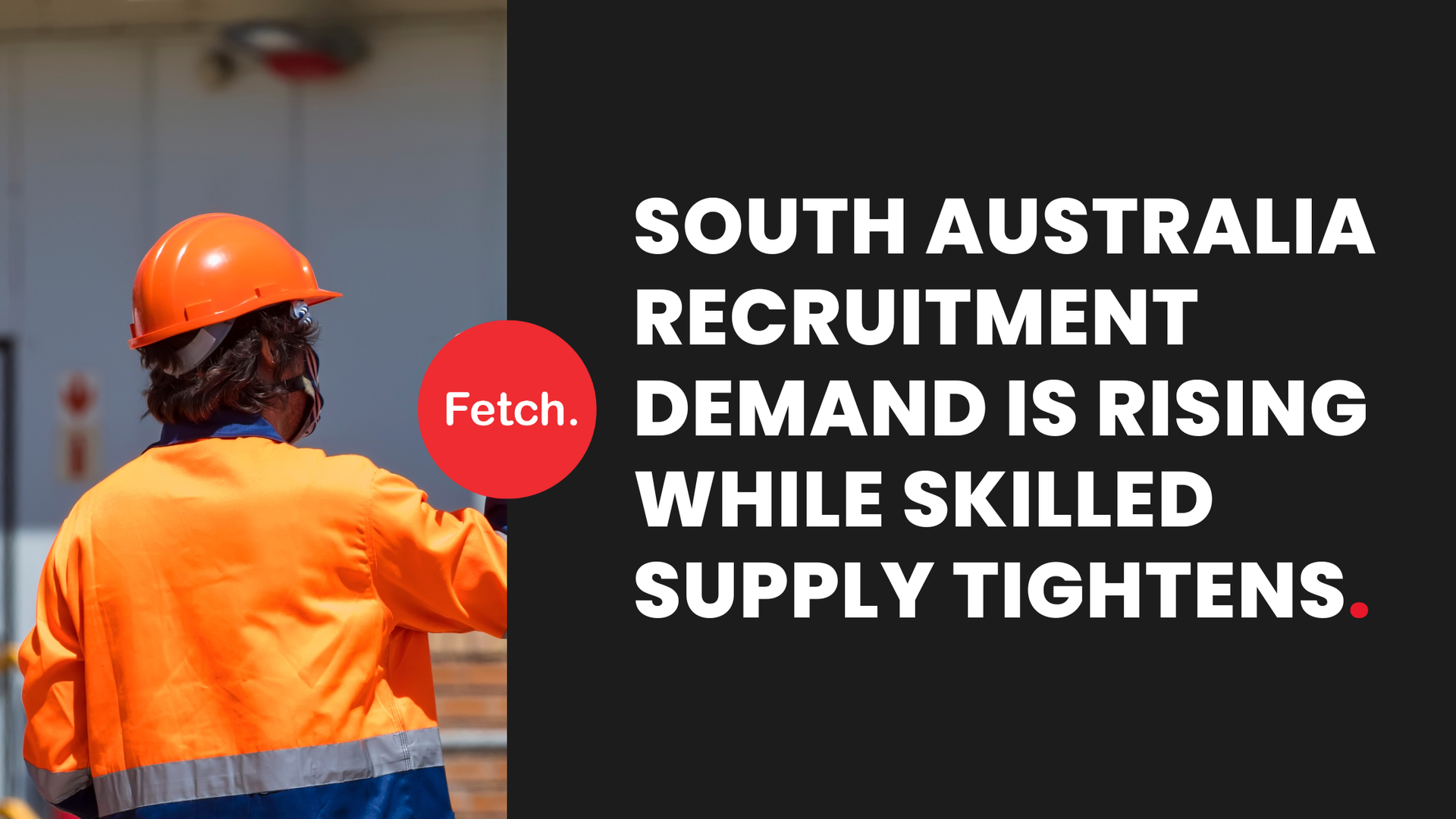
Share This Article
Asking for a pay rise can be a nerve-wracking experience, but it’s an essential conversation if you believe your contributions deserve recognition. Whether you’re a seasoned professional or relatively new to your role, knowing how to navigate this discussion can be a game changer for your career. If this is uncharted territory for you, consider following these four steps before requesting a pay increase.
1. Do your homework
Before you schedule a meeting with your manager, it’s crucial to prepare your reasoning:
- Evaluate your own performance: List your achievements, contributions, and any additional responsibilities you’ve taken on since your last review or raise.
- Research comparable salaries: Salary guides are a great tool to help you understand current industry trends and provide a market average for you to benchmark your salary against. Our 2024/2025 Fetch Salary Guide can help you with this.
- Review promotional criteria: Know the progression steps and ensure you have met the requirements.
- Career reviews: If you have had any recent career reviews, understand the goals and/or targets and highlight how these have been achieved.
2. Timing is key
Choosing the right moment to ask for a raise can significantly impact the outcome:
- Annual reviews: If your company has a regular performance review cycle, this can be the best time to bring up salary discussions.
- After a major achievement: If you’ve recently completed a big project or exceeded your targets, it can be an opportune time to discuss a raise.
- Consider the company's financial position: When the company’s financial health is poor, employees should avoid asking for a raise.
3. Prepare your case
You need to be ready to present a strong case, list your evidence and have a professional conversation:
- Request a meeting: Send a polite email requesting a time in advance to discuss your role and compensation in a private setting.
- Present your case clearly: Highlight your achievements, show your growth and have solid data to support your claim.
- Be specific about what you want: Know the exact percentage or amount you’re asking for and be prepared to explain why you believe it’s justified.
- Be open to feedback: Your boss may not immediately agree to your request. Be ready to listen to their perspective and discuss what steps you can take to earn the raise in the future.
4. Follow up
After the meeting, it’s important to follow up:
- Send a thank-you note: Regardless of the outcome, send a thank-you email to express appreciation for the discussion.
- Act on feedback: If your raise was denied, work on any feedback you received and agree on date for another pay review in three-six months’ time.
- Have a contingency plan: Ask your manager if they can offer additional benefits, such as paying for additional study or membership of a professional body or providing you with extra annual leave.
Final thoughts
Frame your request by highlighting your contributions to the company and how you've positively impacted its goals. Use research to justify your proposed salary range, showing flexibility by suggesting a range rather than a fixed amount. This approach can make your request more appealing and demonstrate your value beyond just the monetary aspect.
When asking for a salary increase, it's important not to focus solely on the financial aspect. Consider the overall value of your employment package are you receiving additional benefits such as flexibility, training, transport costs…etc. And ask for these if a pay rise isn’t available.


